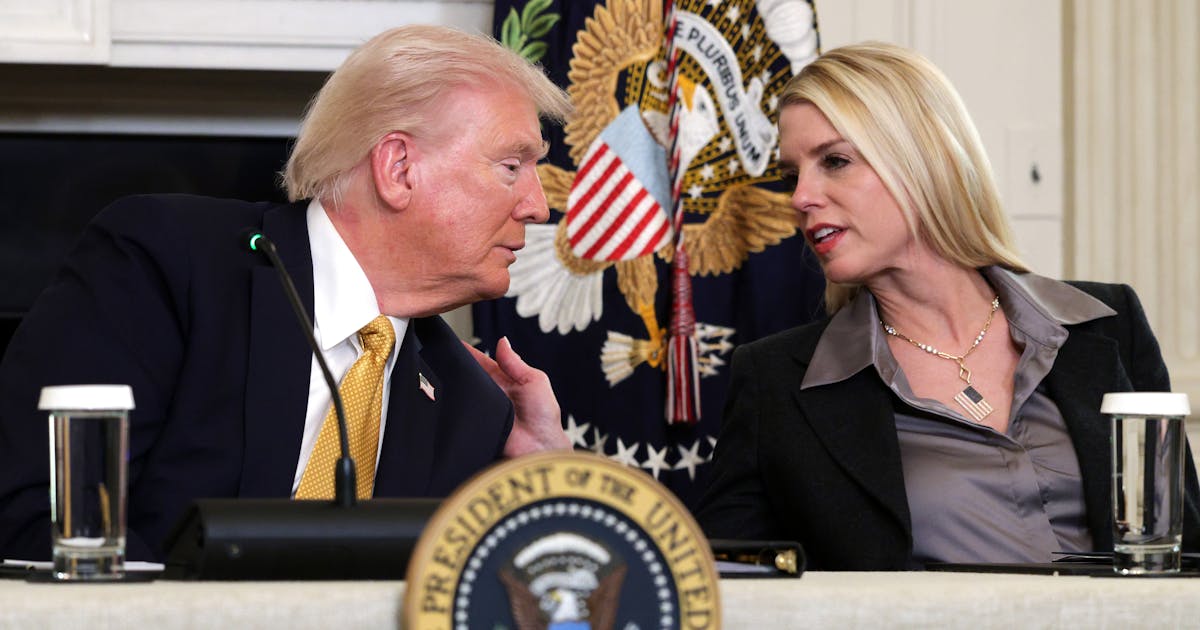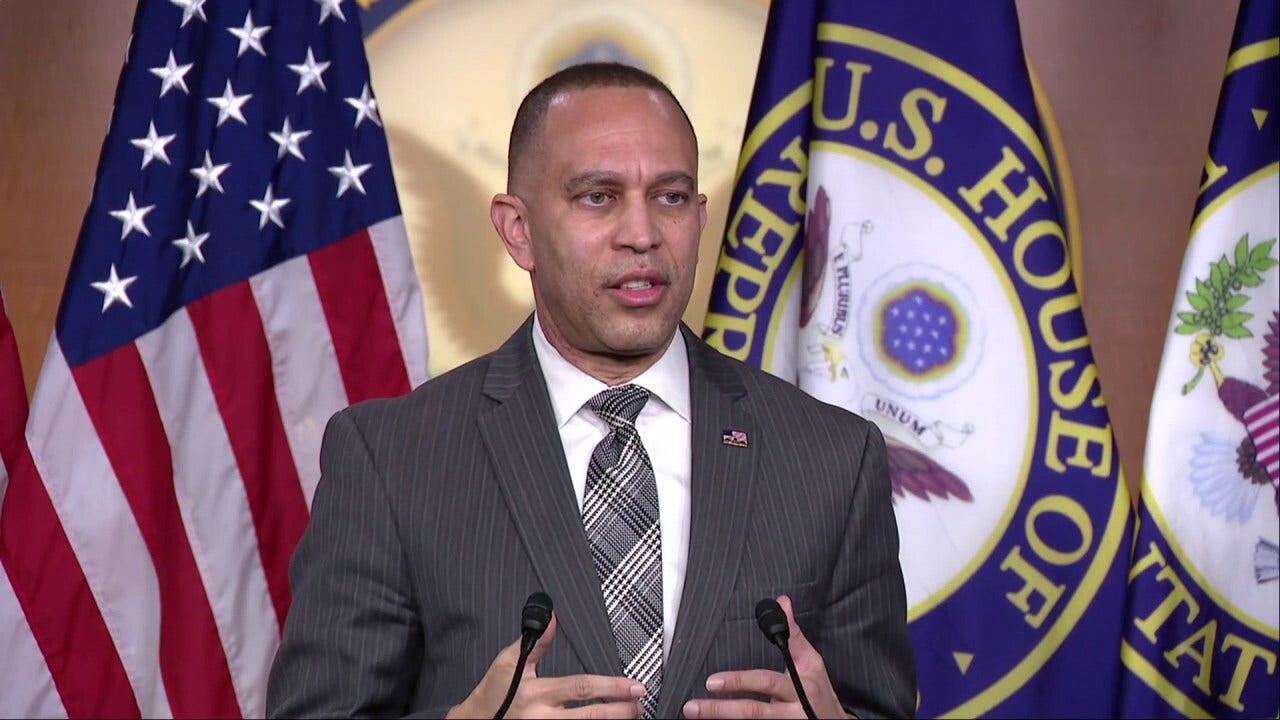Before we know it, it will be November 2020 and the next US presidential election will be drawing ever nearer. Trump already clinched the Republican nomination with 1,514 out of 1,515 delegate votes to continue into a second term with Mike Pence as his VP. Following Bernie Sanders' withdrawal from the race in April 2020, Joe Biden became the presumptive Democratic Party presidential candidate. Barring any huge shake-ups, the lines have been drawn in US politics. How can people get involved, especially if they are undecided on who to vote for?
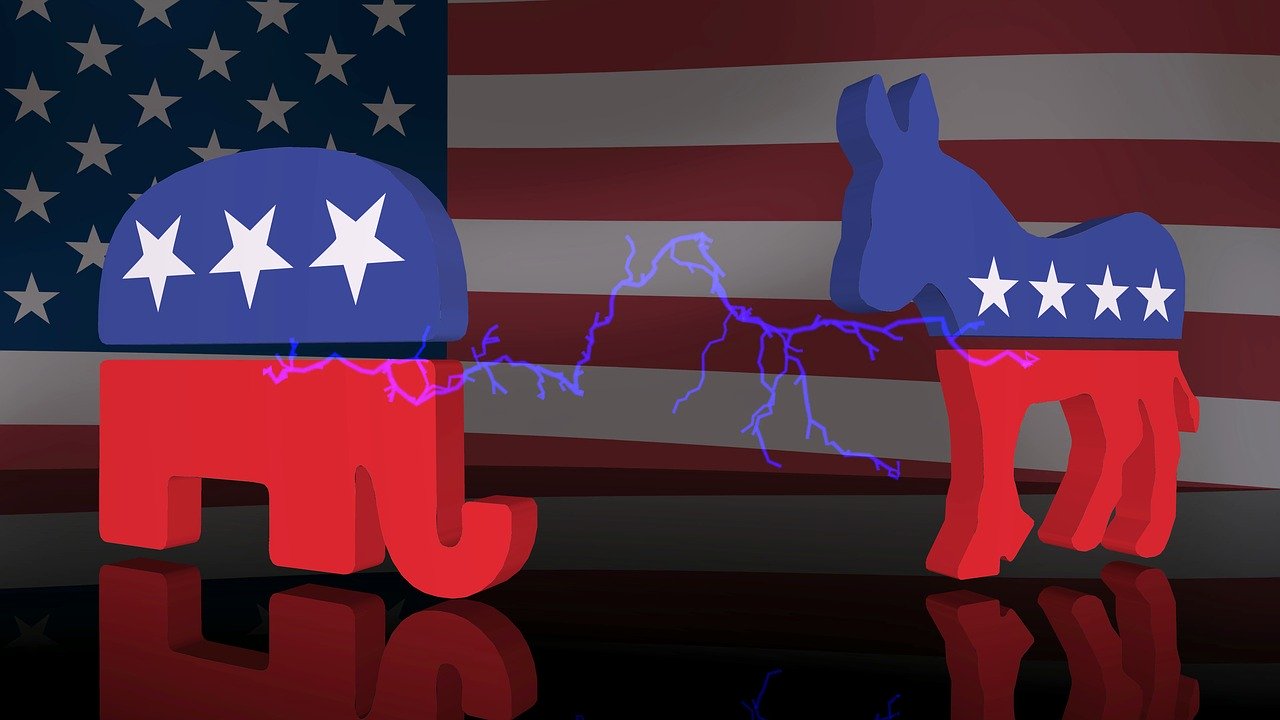
Can Betting Help Us Understand Politics?
There are plenty of ways to get involved with politics – at local level, state level, or even attending nationwide rallies. Some opt to go to the inauguration ceremonies, others volunteer on polling day. But there is a way to get involved with only leaving the house to vote: by betting. There are simple bets based on the general consensus – such as whether Trump or presumptive Biden will become the next President, as well as ones that require more political analysis, such as who might win the popular vote.
What Can We Bet on in US Politics?
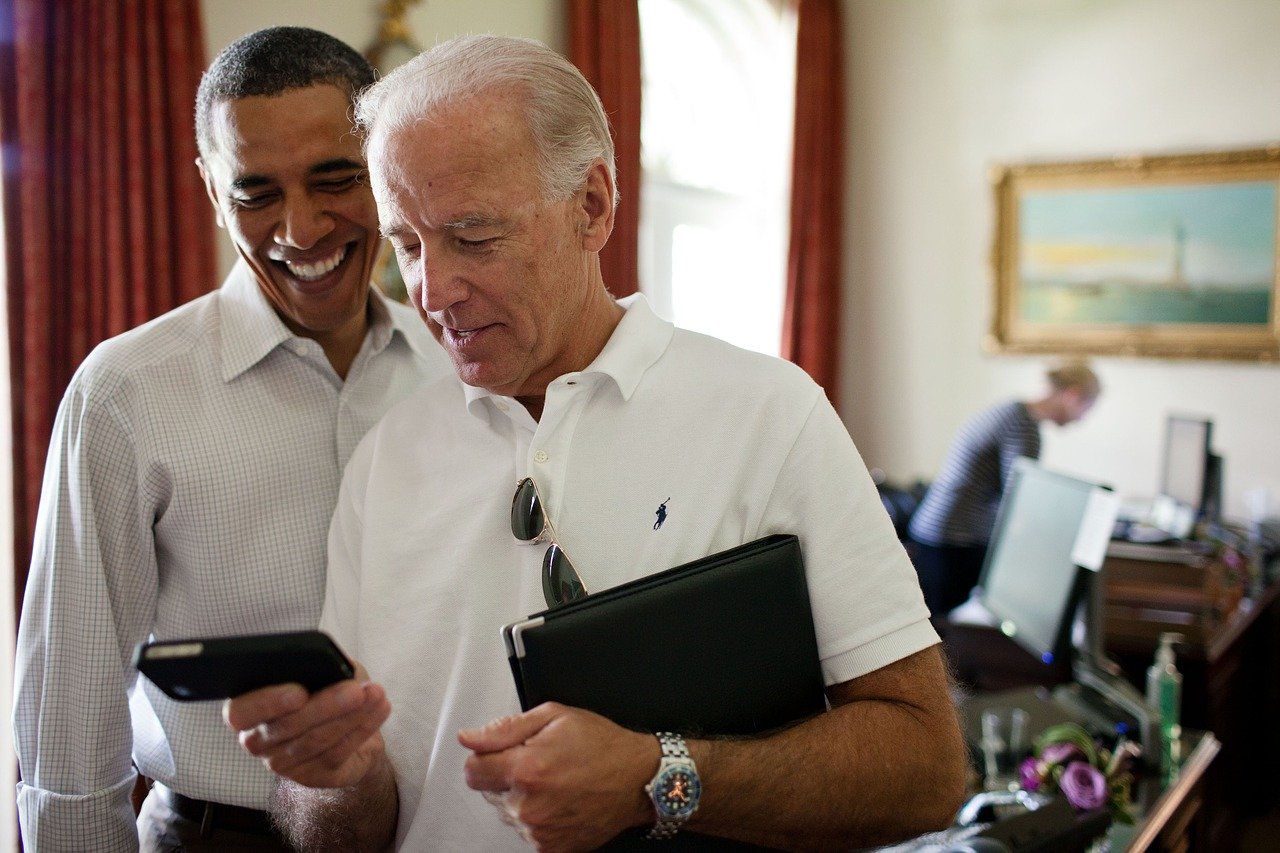
When it comes to US politics, there are dozens of different elements that come together, and some people attempt to judge the outcome based on the odds that are given. The odds on the next President of the United States don't just outline who might become president outright but allow people to speculate on who the Democratic vice president may be, on electoral college vote markets, and which party will dominate in each state. Some are safer bets than others – such as Wyoming being a surefire red state and Massachusetts being blue through and through.
Looking at an electoral map shows that many states – such as Pennsylvania, Florida, Colorado, Virginia, Wisconsin – are prime battleground states, in that they often change allegiance from Republican to Democrat, and back. That's why prospective presidents focus on gaining support in these areas.
How Does the Electoral College Affect Betting Odds?
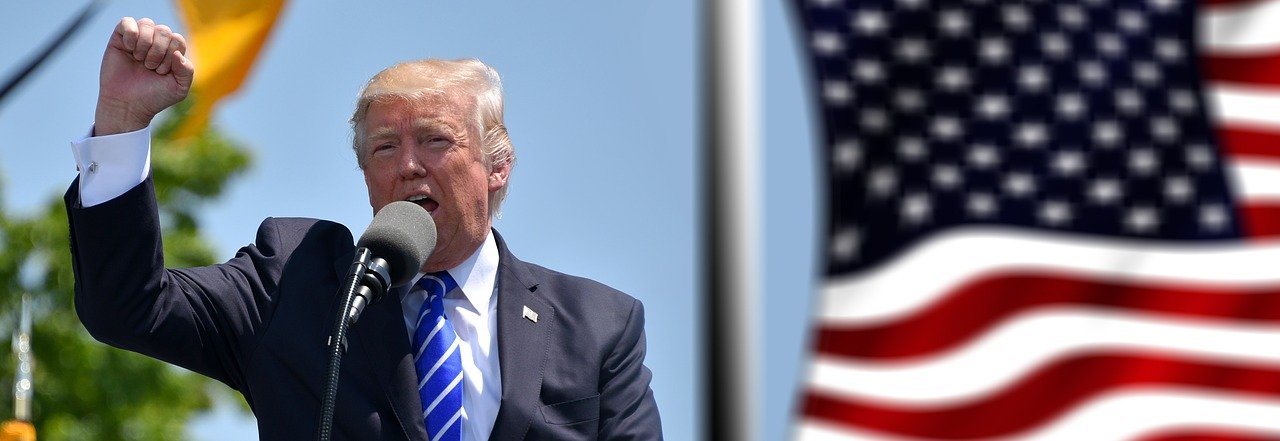
The electoral college system of voting means that some states can be the difference between sitting in the White House and sitting on the bus home. Usually, these defining states with many electoral college votes are also swing states. So, they wield a lot of power – and the likelihood of them swinging from red to blue changes depending on several variable factors. So, odds on these swing states could change dramatically throughout the election.
With several months between now and the election, it could be anyone's game. Flashbacks to 2016 tell us that anything is possible. While Hillary Clinton's team were ready to release the victory confetti, Trump's team didn't even countenance a win until later on in the night. The US Presidential election offers many different events and outcomes, so there are opportunities to get involved with anything from state-specific victories to the overall winner. Will there be a return to Obama-style politics with his vice president Biden at the helm, or do the American people like what Trump has done for them and want more of the same going into 2021?






